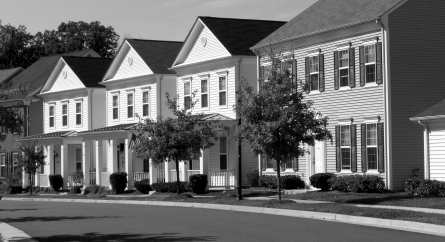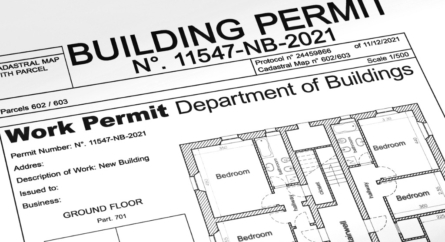SJC Rules on Bond Requirement Designed to Prevent Frivolous Lawsuits Against Affordable Housing Developers
The Supreme Judicial Court of Massachusetts (“SJC”) recently issued a slip opinion (subject to further revisions) Marengi v. 6 Forest Road LLC, SJC-13316 (December 14, 2022) setting the standard by which a court may require a plaintiff appealing the approval of a special permit, variance or site plan to post a surety or cash bond under M.G.L. c. 40A, sec. 17, par. 3. The bond requirement was added by St. 2020, c. 358, § 25 as part of the 2020 revisions to the Zoning Act, M.G.L. c. 40A.
The issues before the SJC were: 1) whether the bond provision set out in G. L. c. 40A, § 17 applies to Comprehensive Permits issued under G. L. c. 40B, § 21, to promote low and moderate-income housing; 2) what costs are recoverable under the bond provision; and 3) what is the standard for awarding such costs.
Acknowledging that comprehensive permits are not expressly referenced in G. L. c. 40A, § 17, par. 3, the SJC nevertheless determined that the bond requirement applies to Comprehensive Permits issued under G. L. c. 40B, § 21, because the purpose of the statute is to encourage developers to build affordable housing by shielding them from “meritless” appeals.
In addressing the question of appropriate measurement of the bond sum, the SJC held that expert witness costs and consulting fees could be taken into account, but attorneys’ fees could not be considered. The SJC concluded that “the court should only order a bond if the judge finds that a plaintiff’s appeal appears so devoid of merit that it may be reasonably inferred to have been brought in bad faith.” The Court remanded this case back to the Superior Court with explicit guidance “to apply the standard we have explicated here explaining whether he found the claims so devoid of merit as to support an inference of bad faith or malice” and expressly weighing “the harm to the defendant or to the public interest resulting from delays caused by the appeal” and explain whether that “outweighs the financial burden of the surety or cash bond on the plaintiffs.”
Categorized: Affordable Housing, Development
Tagged In: comprehensive permits, low and moderate-income housing, special permit, surety or cash bond, variance, zoning











